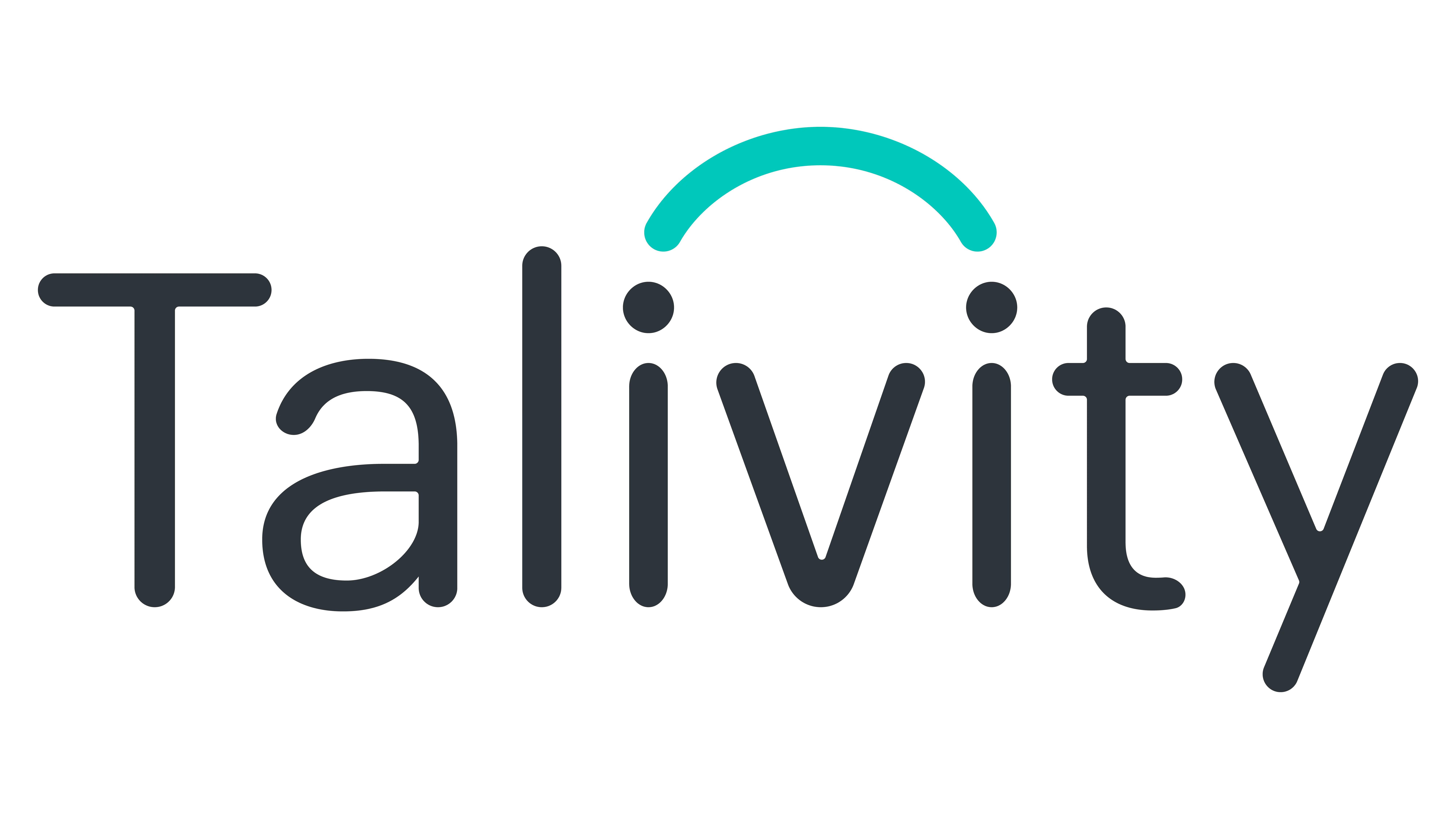
Find the right solution for your business.
Explore SolutionsTo get valuable content like our product go-to-market strategy series delivered to your inbox, subscribe to our newsletter here. It’s free!
What does a YouTube sensation’s $100M funding tell us about talent strategy?
Everything.
The lucrative investment in Dude Perfect caught my eye this week – not just because Taylor Swift’s boyfriend was featured catching more than a football, not just for the impressive audience numbers, but for what it teaches us about scaling talent-first businesses.
Looking at their journey from YouTube creators to a $50M+ revenue powerhouse, and a small(ish) core team of 25, here are 3 key lessons for all talent leaders:
- Start with Trust: Over 15 years, Dude Perfect built unwavering trust with both their audience and brand partners. Sound familiar? It’s the same principle that drives successful talent acquisition – consistent trust-building with candidates creates compound returns.
- Strategic Leadership Matters: Duse Perfect recognized they needed a CEO to unlock their next phase. Also, working for and with your 5 closest friends presents a unique dynamic. Their new CEO Andrew Yaffe puts it perfectly: “There are big opportunities that creators shy away from because they don’t have the capital or don’t want to take the risk.”
The proof? They doubled revenue from $25M to $50M in just two years by focusing on leadership first, execution second. Ask yourself: Are you bringing in the right leaders before you need them? - Build For Expansion: They’re growing from a 25-person team by investing heavily in management talent first. Smart move. Too often, companies sprint toward rapid hiring without building the talent infrastructure to support it. Have you checked the layoffs.fyi tracker lately?
The most important takeaway? The best time to invest in your talent foundation is BEFORE rapid growth hits, not during.
This reminds me of conversations I’ve been having with talent leaders who are rethinking their approach to scale. They’re realizing that sustainable growth isn’t just about hitting hiring numbers – it’s about building systems that can flex and scale with you.
What’s your take on balancing growth with talent infrastructure? I wanna hear them – send me a note – katie@talivity.com

